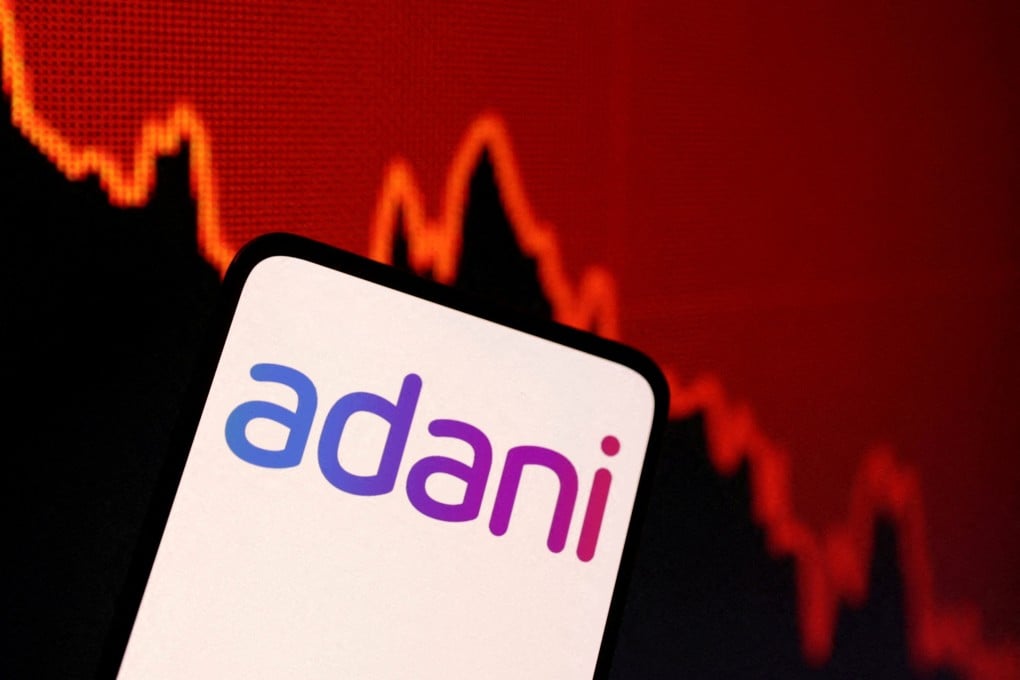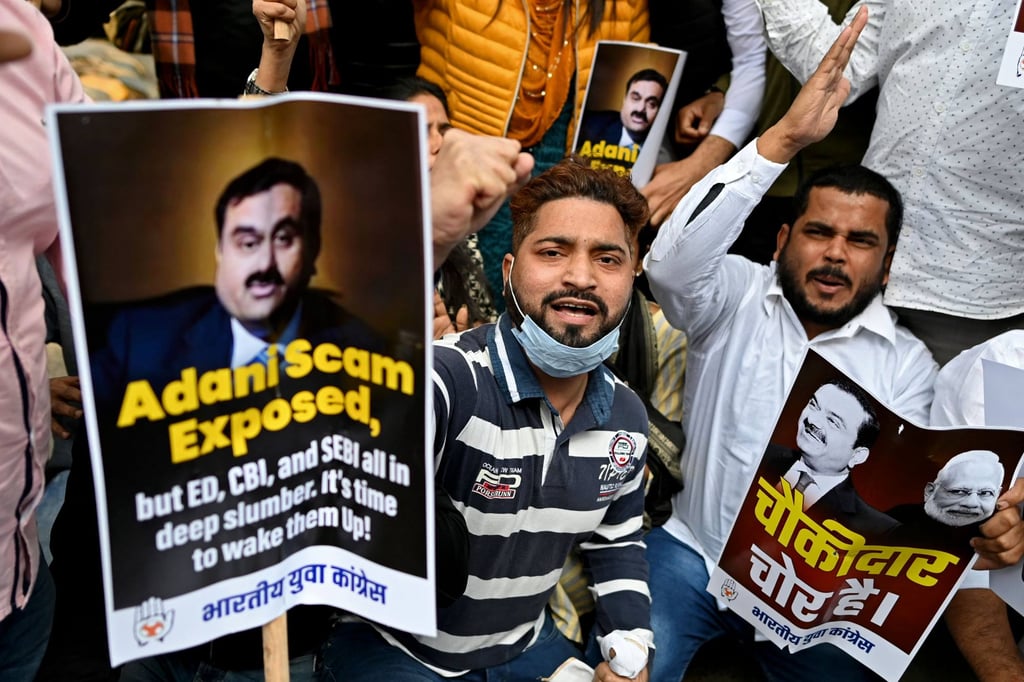As Adani Group saga casts a shadow over Modi and India’s economy, will both emerge unscathed?
- Questions have been raised about India’s regulatory standards and levels of corporate governance following the Adani Group’s stock wipeout
- Modi’s opponents will seek to use the episode to hurt his electoral chances, analysts say – but the implications reach far beyond politics

While the accusation has not as yet triggered a public backlash against the government, India’s Supreme Court on Thursday set up a six-member panel to investigate allegations against the Adani Group, including the exposure of and risk to public money through public-sector undertakings. Opposition leaders have demanded a parliamentary probe as well.

The stock wipeout hurt the middle class, too. Shares in the country’s largest insurer – the state-run Life Insurance Corporation of India (LIC), which holds around 4 per cent of flagship company Adani Enterprises – took a beating in the aftermath. About one-quarter of India’s population have investments and policies with LIC.
Analysts say the BJP is likely to be hard-pressed over the issue in state elections this year, three of which were held this week. Defeat could mar the ruling party’s prospects in next year’s general election, where it seeks a historic third mandate.